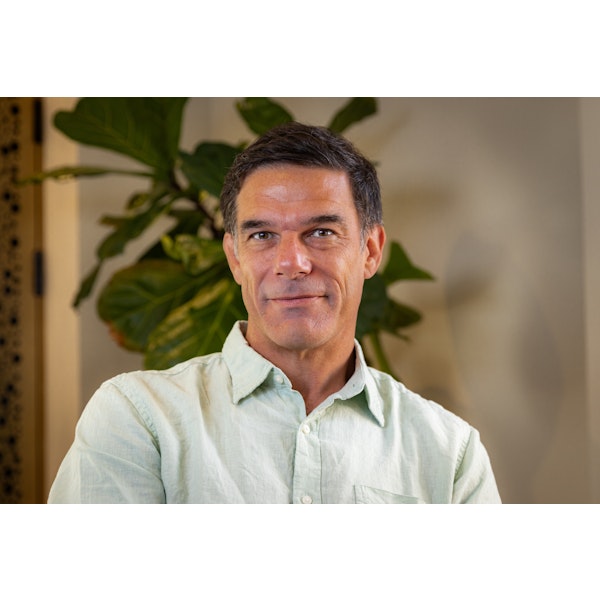
Talking loud, thinking big about the future of podcasting
Unlocking the Power of Voice: Why Podcasting Continues to Dominate the Digital Landscape
(This article was generated with AI and it’s based on a AI-generated transcription of a real talk on stage. While we strive for accuracy, we encourage readers to verify important information.)
At Web Summit Lisbon 2025, Mr. Greg Glenday, CEO of Acast, and Ms. Jameela Jamil, podcast host, actress, and activist, discussed podcasting’s thriving status amidst declining traditional media. They highlighted the format’s ability to foster direct connection, bypassing traditional gatekeepers and algorithms. This democratic nature allows for unfiltered, intimate conversations, deeply resonating with audiences seeking genuine engagement.
Ms. Jamil emphasized that podcasts offer valuable long-form content, a contrast to prevalent short-form media. They also combat a “loneliness epidemic” by providing a sense of companionship through intimate discussions. Furthermore, podcasts are highly convenient, fitting seamlessly into busy modern lives as a portable and familiar accompaniment, making them accessible for diverse audiences on the go.
Despite the entry of major corporate players, Mr. Glenday asserted that podcasting’s democratic spirit, powered by RSS technology, will endure. Acast, for example, supports 140,000 podcasts by providing technology and remaining invisible, ensuring creators maintain direct access to their audience. The low barrier to entry means anyone with quality, sustainable content can establish a presence.
In a competitive environment, a unique selling proposition (USP) is vital. Social media helps creators build personal followings, attracting listeners to their opinions and stories. Ms. Jamil’s “Wrong Turns” podcast, offering comedic takes on life’s mishaps without forced inspiration, exemplifies this. Both speakers agreed that listeners detect genuine authenticity, which drives engagement and cannot be faked.
The panel noted the strong performance of right-leaning podcasts, a historical trend in audio. Ms. Jamil suggested this might stem from the right’s perceived greater genuineness, contrasting with the left’s caution regarding “cancel culture.” This freedom to express unfiltered opinions, regardless of political alignment, resonates with audiences seeking a break from controlled mainstream narratives.
Acast’s research indicates that while video can enhance podcasts, the medium remains “audio first,” with portability being key. Monetization for creators is driven by authenticity, attracting advertisers who value engaged, self-selected audiences. The industry is professionalizing, with brand safety and fact-checking emerging. Ms. Jamil predicted podcasts would become dominant broadcasting platforms for news and entertainment, integrating with streaming services.
In a lightning round, Mr. Glenday shared his current enjoyment of investigative journalism and industry gossip podcasts, having previously appreciated Joe Rogan. Ms. Jamil cited Theovon as a long-time favorite, valuing his freedom and genuine nature, alongside British political podcasts and lighthearted, “absurd” content like Tiger Belly.
